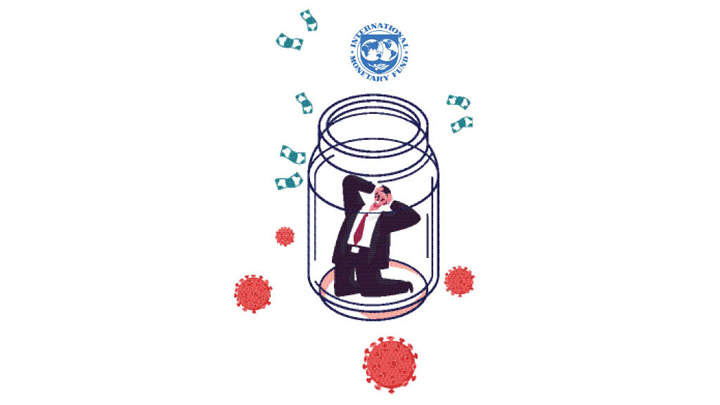Champion of Borrowing Frenzy
Tuesday, April 14, 2020
arsip tempo : 171392152490.

AROUND the world, governments are racing to borrow. Every country, regardless of its first or third world status, is helpless before the Covid-19 pandemic. They need to borrow quickly. There are not enough money readily available in many country’s coffers to fight the outbreak.
In the Latin American region alone, 14 countries are queuing up to borrow from the International Monetary Fund (IMF), putting their hopes on various additional
...
Subscribe to continue reading.
We craft news with stories.
 For the benefits of subscribing to Digital Tempo, See More
For the benefits of subscribing to Digital Tempo, See More








